NIMH
-
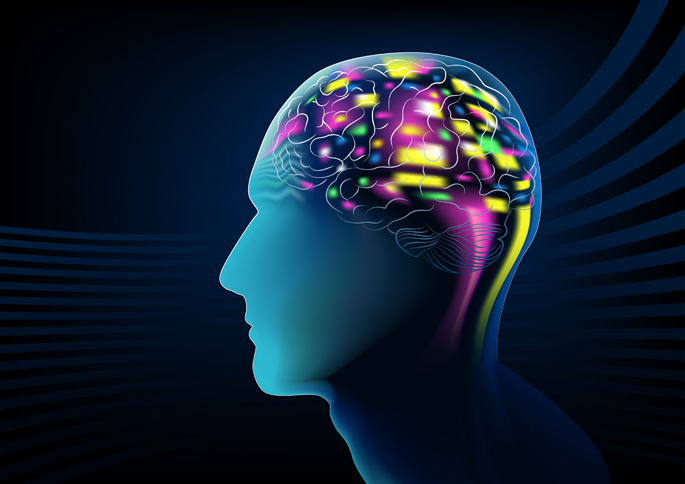
Brain connections in schizophrenia
Brain imaging studies have implicated the connection between two brain regions in the pathophysiology of schizophrenia. Read MoreMar 9, 2018
-

Forming memories through CaMKII
Vanderbilt researchers have identified an interaction between two proteins that play a role in learning and memory. Read MoreDec 19, 2017
-
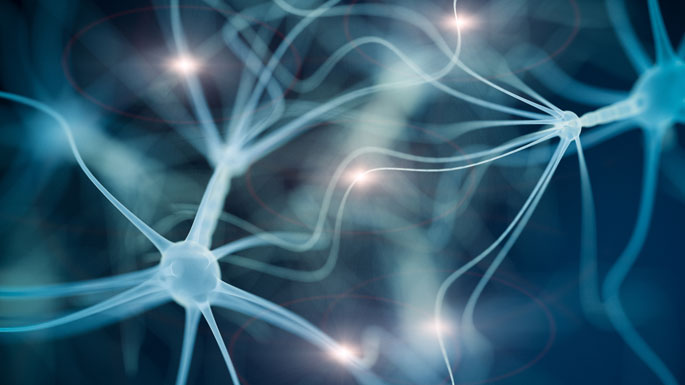
Oxidative stress on the brain
Vanderbilt investigators have discovered that oxidative damage may play an important role in the development of a rare cholesterol synthesis disease and in the behavioral changes of autism spectrum disorders. Read MoreAug 23, 2017
-

Researchers study unique couples intervention in Mozambique to reduce HIV transmission
Researchers in the Vanderbilt Institute for Global Health are testing whether a unique “couples-centered” intervention developed in the southern African nation of Mozambique can reduce mother-to-child transmission of HIV. Read MoreAug 3, 2017
-
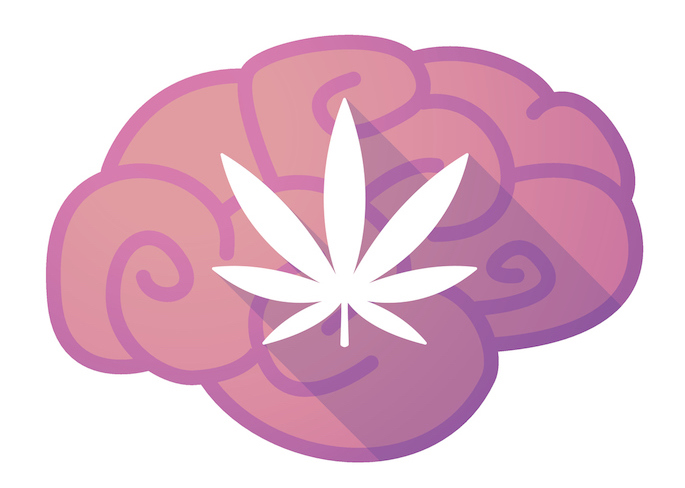
Regulating anxiety in the brain
Two brain signaling pathways have overlapping functions in regulating anxiety, suggesting that therapeutics aimed at one or the other will impact both. Read MoreApr 28, 2017
-

Investigational new drug for Alzheimer’s scheduled for first study in humans
Vanderbilt University scientists have received notification from the U.S. Food and Drug Administration that testing in humans may proceed for an investigational new drug for Alzheimer's disease after more than 10 years of research by scientists at Vanderbilt University and Vanderbilt University Medical Center. Read MoreDec 27, 2016
-
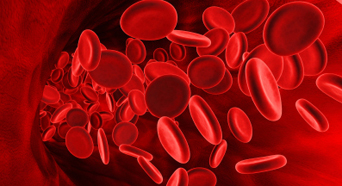
Reducing antidepressants’ side effects
Vanderbilt investigators have discovered how antidepressant medicines that block serotonin uptake can increase bleeding risk. Read MoreNov 23, 2016
-

Blood exposures for traditional healers
Traditional healers in sub-Saharan have a high rate of exposure to blood, putting them at risk for HIV and hepatitis C. Read MoreSep 23, 2016
-

Diabetes drugs may ease addiction
Drugs that are being used clinically to treat obesity and diabetes may also have a role in treating drug abuse. Read MoreJul 18, 2016
-

COX-2 blocker could help PTSD
COX-2 inhibitors – used clinically to reduce inflammation and pain – may find new applications for treating PTSD and other stress-related psychiatric disorders like major depression. Read MoreMay 12, 2016
-

Putting schizophrenia to bed
A new compound developed at Vanderbilt treats multiple symptoms of schizophrenia in an animal model, without causing sedation. Read MoreMar 21, 2016
-

Eye of a cytokine storm
A new animal model can be used to “dissect” the inflammatory response to infection. Read MoreMar 9, 2016
-

Fat hormone’s role in zebrafish
The hormone leptin regulates glucose balance, but not fat stores, in zebrafish. Read MoreMar 8, 2016
-

Face recognition and social anxiety
An inability to recognize faces may be an important mechanism underlying social inhibition and may contribute to, or maintain, social anxiety. Read MoreFeb 19, 2016
-

Brain circuitry in psychosis
Functional magnetic resonance imaging has revealed faulty circuits between the thalamus – a central hub of brain activity – and other brain regions. Read MoreAug 21, 2015
-
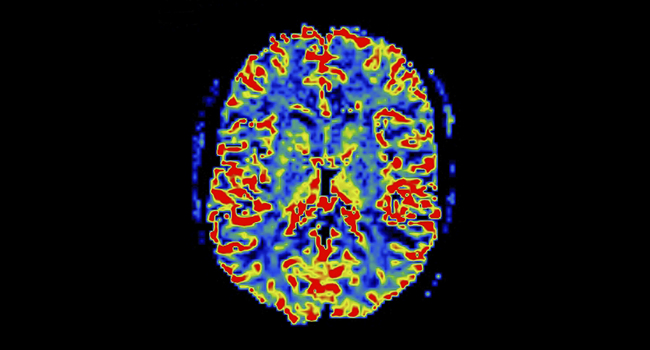
A view of brain function in disease
Vanderbilt investigators report the first use of a specialized type of MRI to study the hippocampus in patients with schizophrenia. Read MoreJun 16, 2015
-

New strategy to combat HIV
Inhibitors of the enzyme phospholipase D1 suppress the replication of HIV-1, Vanderbilt investigators have discovered. Read MoreJun 12, 2015
-
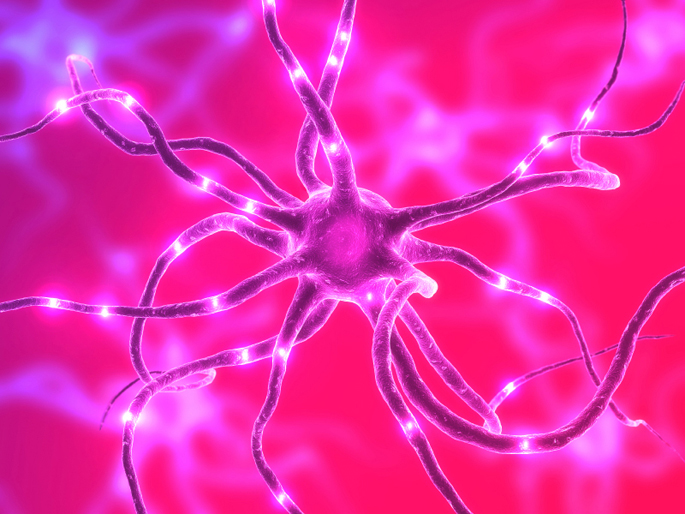
New player in neuronal communication
Vanderbilt researchers have discovered a novel mechanism for the development of dendritic spines – sites of nerve cell communication. Read MoreMay 1, 2015
-
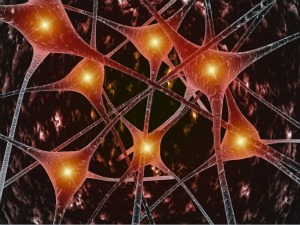
New view of dopamine heteromers
Although heteromeric dopamine receptors composed of both D1 and D2 subunits have been proposed to play a role in depression and schizophrenia, recent studies suggest these heteromers do not exist. Read MoreJan 23, 2015
-

Cognitive changes in ‘standing’ syndrome
Patients with orthostatic intolerance – problems when standing – have cognitive changes, even when seated, compared to healthy individuals. Read MoreJan 13, 2015